Sustainability
Social Activities
in which people share
is a world that
KPIC want to
help realize.
KPIC is actively engaged in social and community service
activities by fulfilling its social responsibilities
and returning its profit to society
as in the case of its support to the SAMIL Culture Foundation.
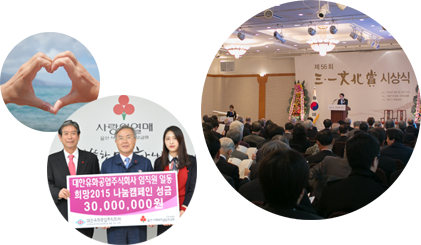
Support to the SAMIL Culture Foundation
The SAMIL Culture Foundation was established in the aftermath of the Korean War when people were lamenting under pain and misery. The goal of the foundation is to bequeath the spirit of the 1919 Independence Movement and to support industrial workers, scholars and artists. Lee Jeong-rim, the chairman of Korea Cement Industrial Company and three other stockholders – Lee Jeong-ho, Lee Hoe-rim, and Lee Dong-joon, founded the foundation in 1959. The foundation has been run by KPIC since 1970.
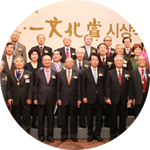
The SAMIL Culture Award
This award honors great long-time achievers in the fields of learning, arts, technology, labor, and social work who have contributed for the development of the nation and society.
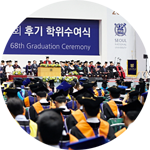
The SAMIL Scholarship
This scholarship program began in 1961. To help economically underprivileged students who have aspire to study, scholarship has been given to 120 undergraduate and graduate students who study at 20 universities nationwide.
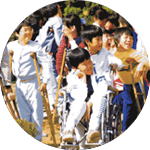
Supports to organizations in the fields of culture, education, and social work
One principle of the foundation is to evenly support social, cultural, and educational fields. Since 1981, the foundation has supported cultural, educational, and social work organizations including special private schools for the handicapped.
Support to social work organizations
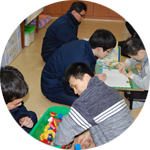
Since 1976, the foundation has supported Sangnok Nursery School, a social work facility, so that children attending the school can grow in a healthy environment. The foundation is also supporting Korea Welfare Foundation and Sangnokwon Women’s Residence Hall for Self-reliance.
Social work activities
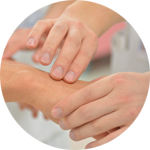
Since 1976, Beodeulhoe, an association of KPIC’s women employees organized for the practice of love, has been engaged in social work activities to help needy neighbors in nursery schools and senior citizens’ halls. Fund-raising is done by organizing bazaar, one-day teahouse, collection of contributions form all KPIC employees, etc.
It also makes monthly contributions to “Joseph’s House,” a facility that provide meals to the needy, and “House of Blessing” where disadvantaged elementary, middle, and high school students live.
Furthermore, food expenses are provided to disadvantaged families and primary school students while school expenses are provided to needy middle and high school students until graduation.

